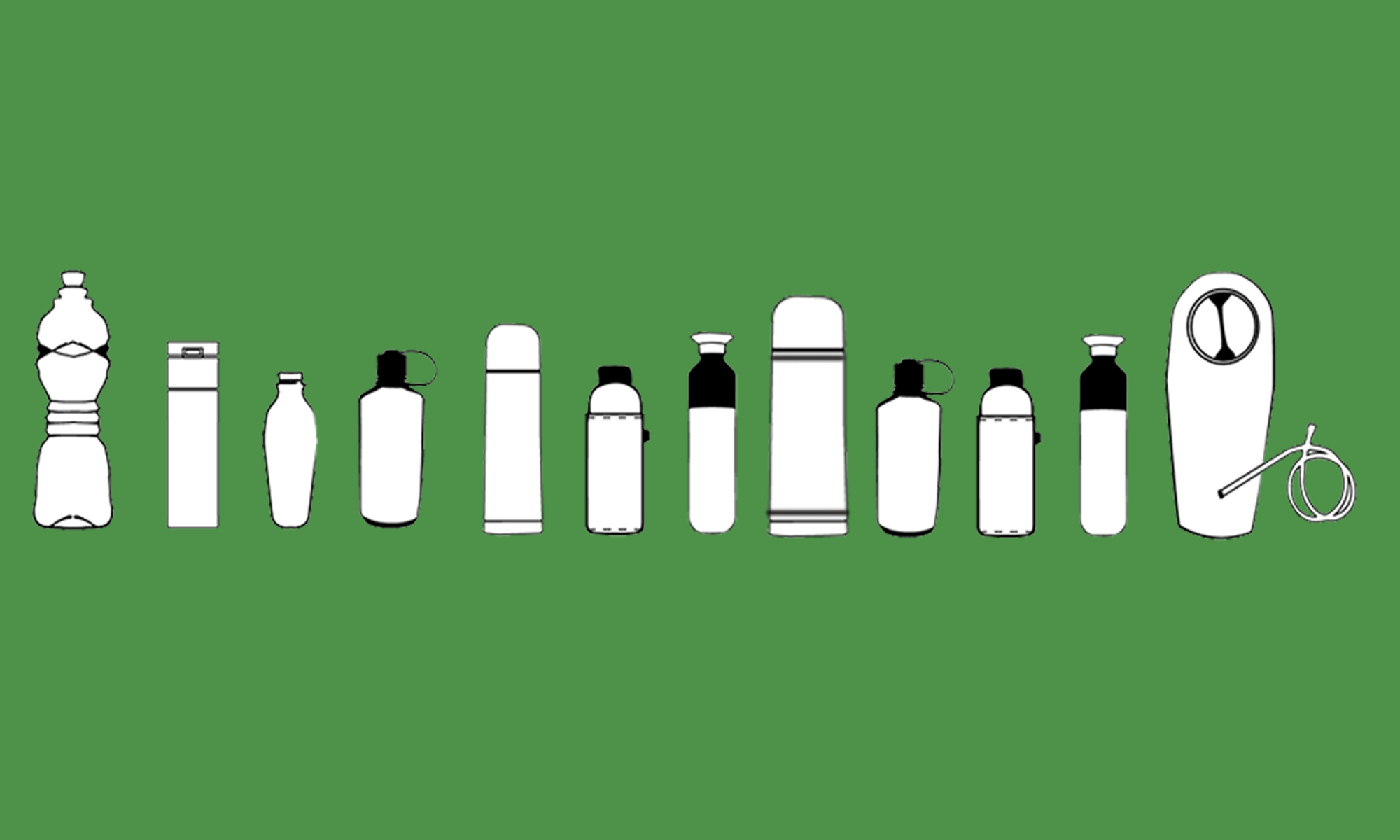Restoring the public fountains in Bulgaria. That’s one of the main goals of Zero Waste Sofia. Their founder, corporate communications professional Simona Stiliyanova wants to create a movement and help everyone in Bulgaria to reduce their waste, from packaging to wardrobe. And she pays special attention to public fountains. We were really curious about this initiative, so we picked up the phone.
INTERVIEW WITH SIMONA STILIYANOVA (S)
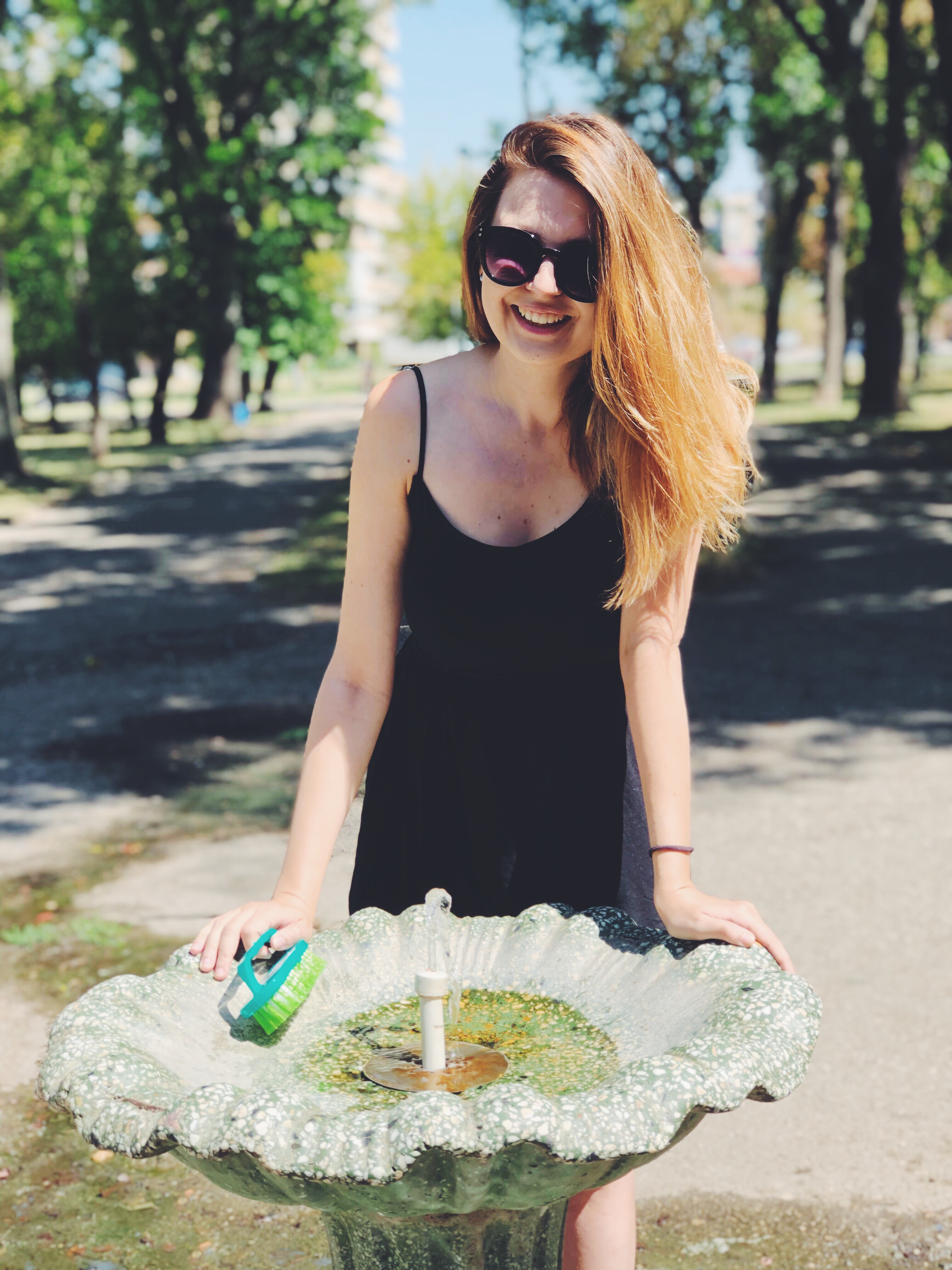
Why did you start Zero Waste Sofia?
S: Adopting a ‘zero waste lifestyle’ is something many of us dream about, but struggle to actually do it. Where do you even start? I managed to reduce my waste by about 60% and I wanted to document my successful and unsuccessful attempts to lead a more sustainable lifestyle, and that’s how Zero Waste Sofia was born. I want to show that living a little more “green” does not necessarily mean mixing up recipes with 400 exotic ingredients all day long. On the contrary – by implementing various small changes you can simplify your life and even save money and earn more time for yourself and your loved ones.
Can you tell us more about the specific ‘fountain project’?
S: Fountains of Bulgaria enables active people to stop using disposable plastic bottles and save money by giving them a map of all sources of free tap water near them. I am working to embed information about its quality, feedback for broken fountains and other initiatives too.
CAN YOU DRINK TAP WATER IN BULGARIA?
So we assume, tap water in Bulgaria is potable?
S: Yes, we are fortunate to live close to thousands of free sources of high quality drinking water. In Bulgaria, there is an old tradition for people to build drinking fountains. As a result of it, there are nearly 7,000 of them all over the country. However, nowadays our modern society is rapidly adopting the “throwaway” culture, putting the tradition on the shelf and sending nearly 5 million disposable plastic bottles to the landfill every day.
I conducted a national research among 600 respondents, and found out why people use or do not use public fountains. The 3 main reasons for not using them were:
- 89,4% of all interviewees consider that they do not have enough information about the quality of water
- 64% do not use public fountains, because they are broken or dirty.
- 54% do not know where to find them
That’s why I decided to go further in addition to the mapping. I partner with local civic organizations, contact municipalities to report broken fountains and encourage my readers to do so. And together with some other volunteers, we started to clean the fountains ourselves.
Oh yes, we read about that on Zero Waste Sofia. On September 14th, you joined with the “Let’s clean Bulgaria together” event. Can you tell us more about this?
S: I am really happy that even it started small, it grew so quickly and was supported by many volunteers from all over the country, even two whole municipalities and bTV national television. For the clean-up we used only natural products as vinegar and baking soda.
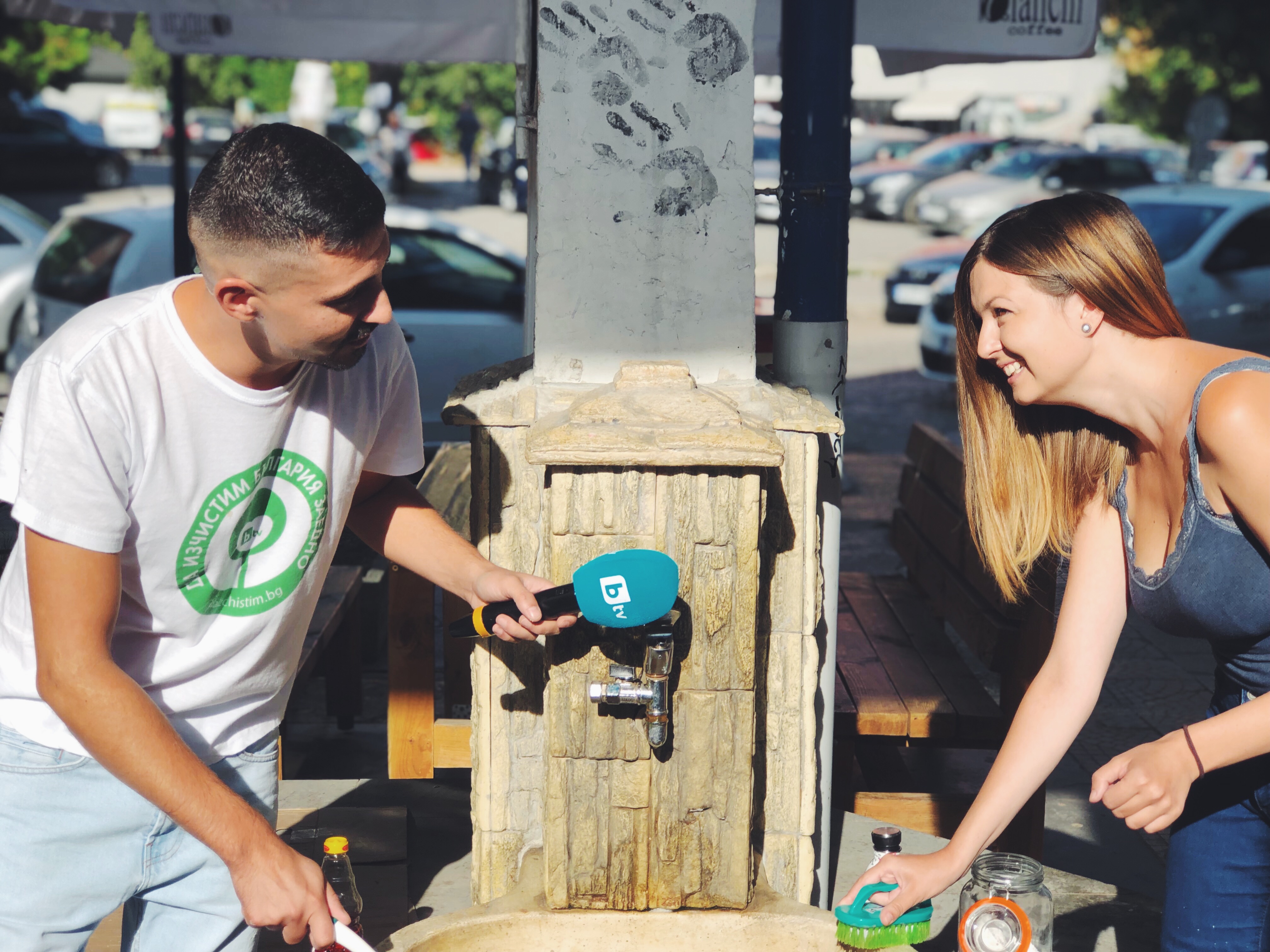
You already have 960 refill stations on your map. How do you add new fountains? Can bars and restaurants also sign up as a refill station?
S: I started to add fountains to the map myself. Nowadays hundreds of volunteers are helping me out by adding new fountains through the website form. Venues that provide tap/filtered water and welcome people to fill their water bottle for free can also join. You can already find some restaurants on the map.
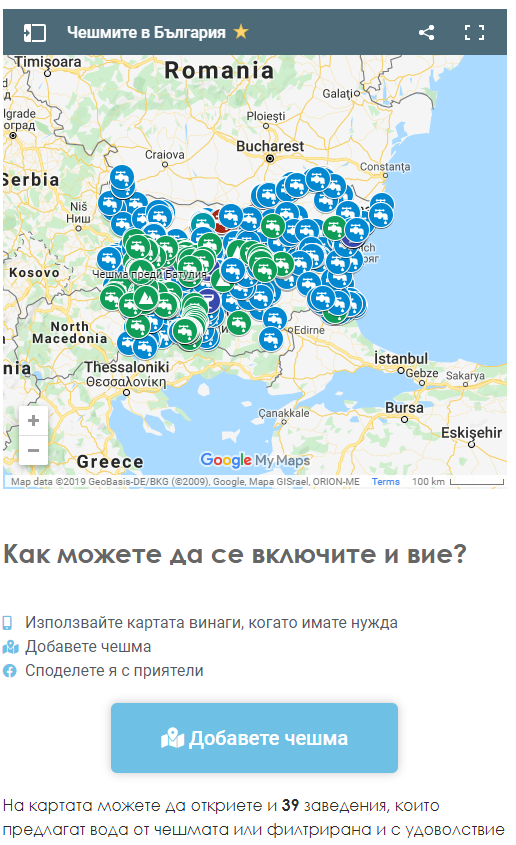
FUNDING & SUPPORT FOR THE PROJECT
Do you get any financial support to do all this work?
S: No. Currently the project is ran without funding by volunteering efforts in our spare time. The project is working without a budget as a Google map since 2018 and it has already gained ambassadors, volunteers and public support, including national TV and other media features. To achieve higher impact and scale our solution we need to invest in a fully functional digital platform, water sampling and analysis and a strong awareness campaign. This year “Fountains of Bulgaria” even was ranked among 30 semi-finalists from over 500 projects across Europe challenging plastic waste in the European social innovation competition. As a part of it we visited a Social Innovation Academy in Turin where I attended many really useful workshops and met amazing people from all over Europe. Integral part of the team were my partner, who is also supporting me a lot with the project and my (then 2 months old) baby, who travels everywhere with me. :)) Thanks to the competition we also met our amazing coach, who is still supporting me with the project.
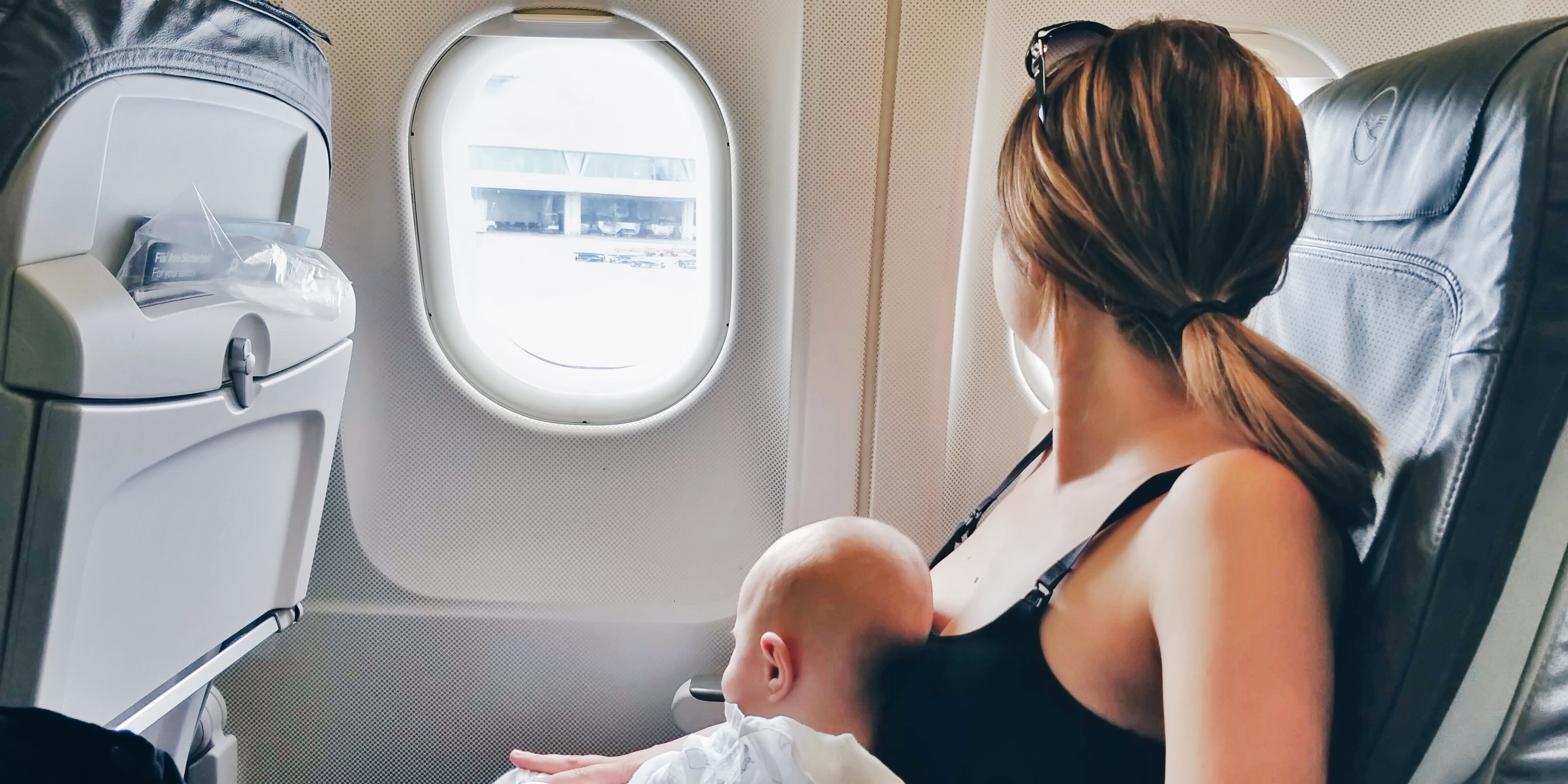
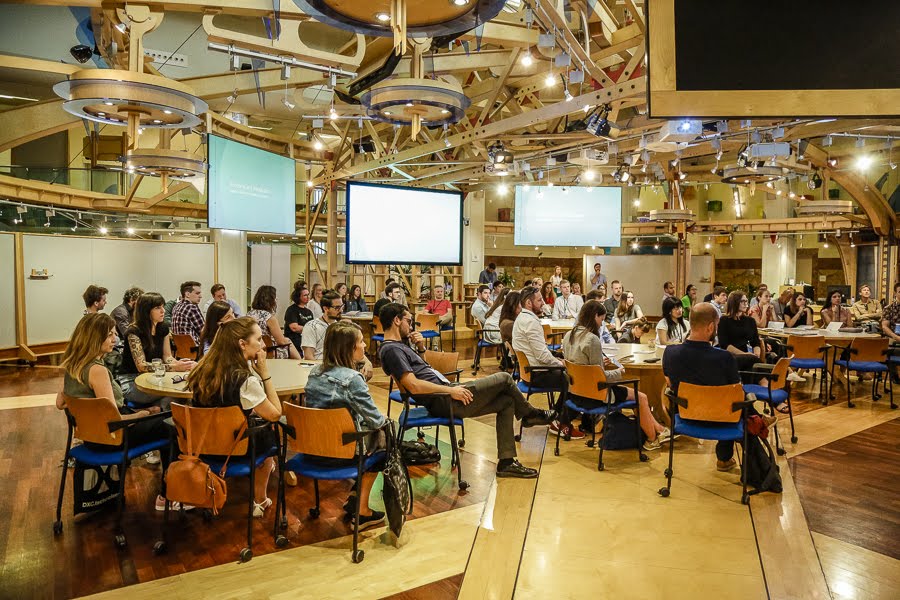
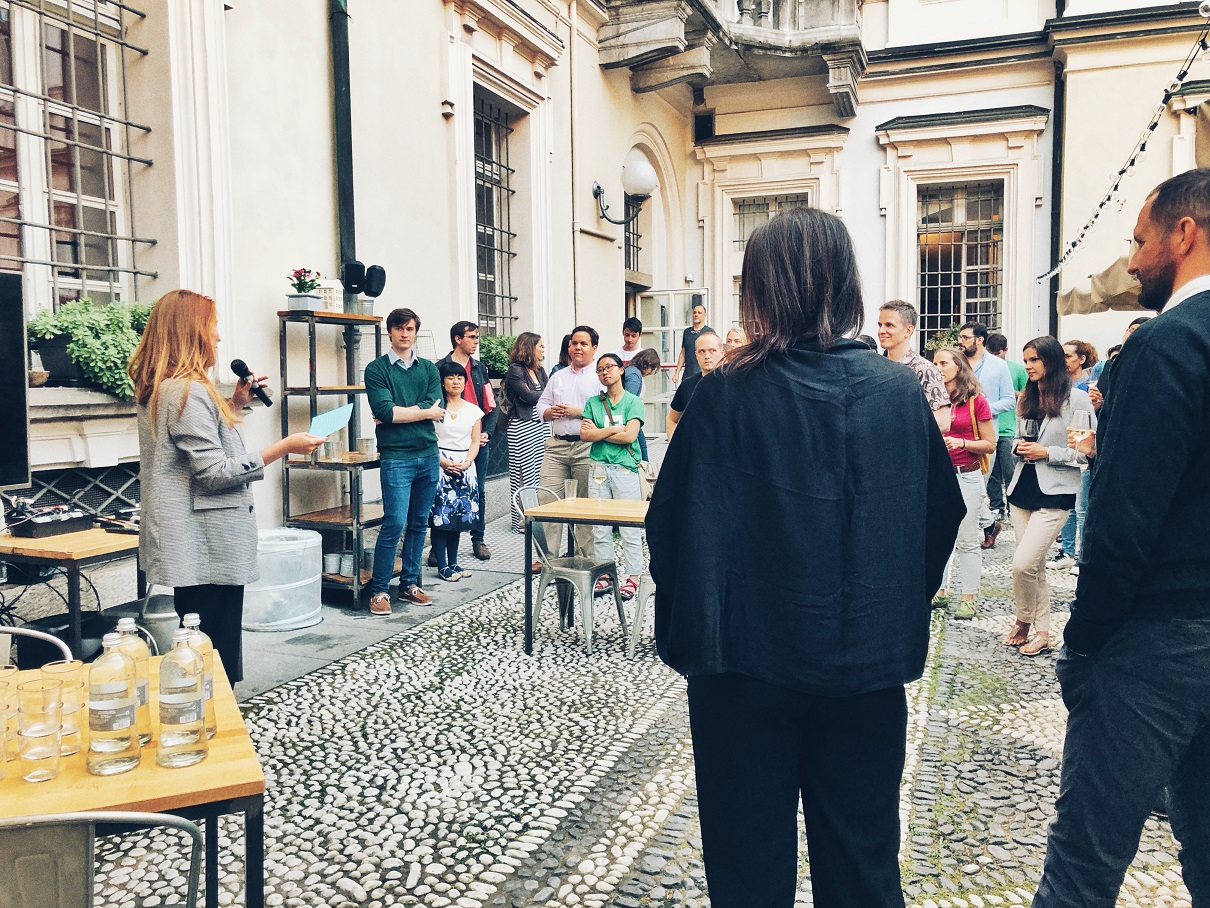
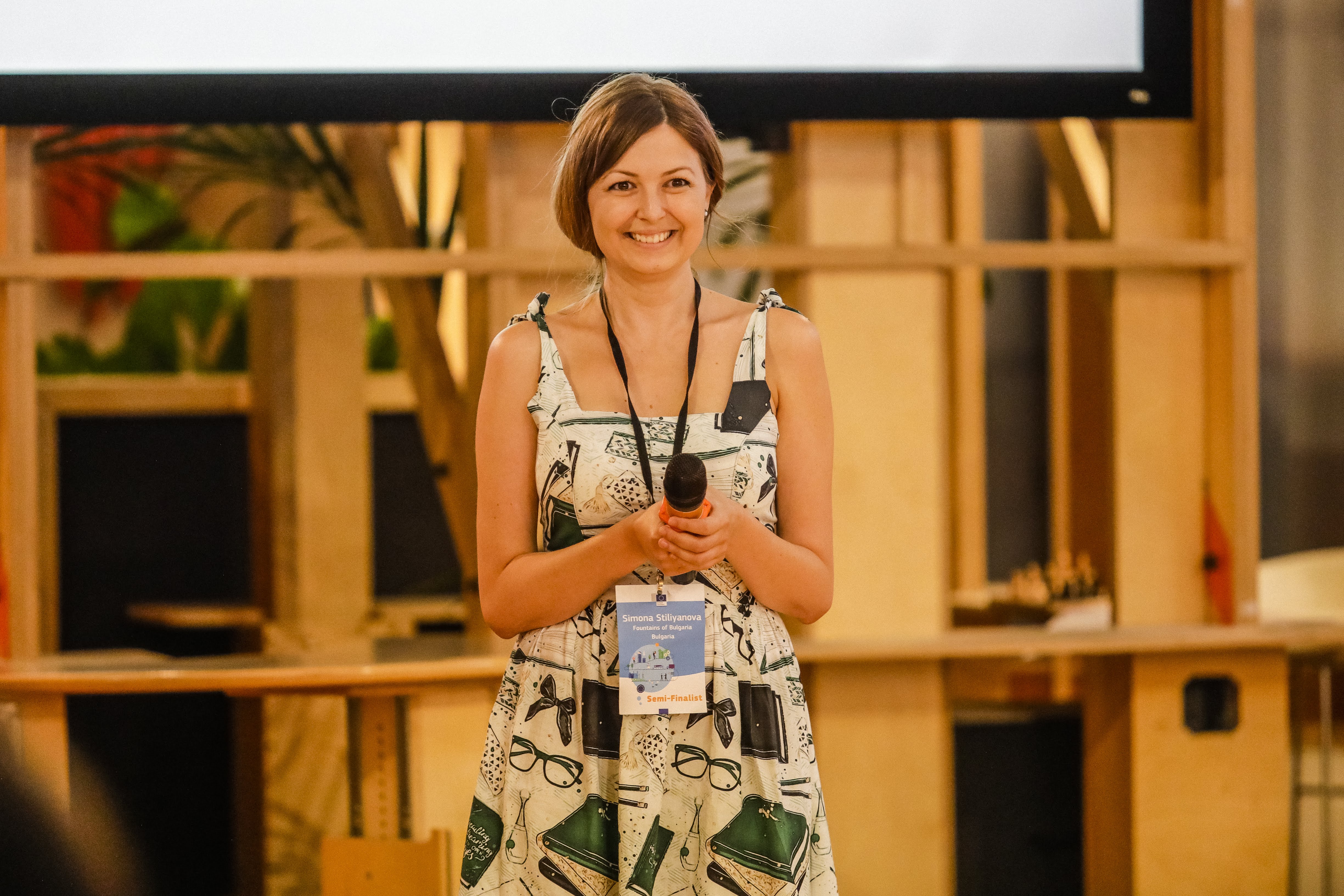
Last question: what is your ultimate goal?
S: I want to start a national movement of tap water users and ambassadors – bringing tap water its credibility and public fountains back to life. A change in consumers’ mindsets and behaviour towards purchasing bottled water (in regions where water is drinkable). Hopefully we will achieve a system change – municipalities investing in the development of a strong public fountains infrastructure, instead of encouraging the usage of more single-use plastic bottles and looking for ways to recycle them. And of course the ultimate – legislation change – plastic bottles bans at key public places.
READ MORE
The website Zero Waste Sofia is in Bulgarian (yes with a Cyrillic alphabet!), but that doesn’t stop us from being big fans (thank you Google Translate!). In our opinion, Simona is a true hero, and a talented photographer too. Check out the Zero Waste Sofia Instagram, and get inspired!
Do you have tips for Simona how she can grow the refill network in Bulgaria? Or do you want to become a volunteer or project partner? Please contact Simona at Simona@zerowastesofia.com.
